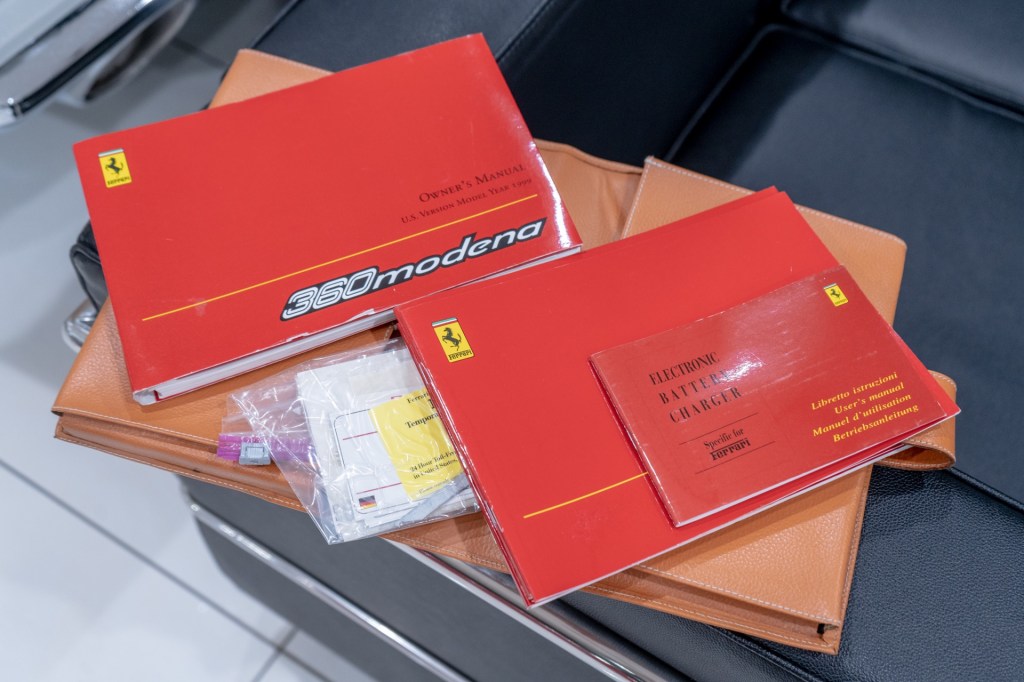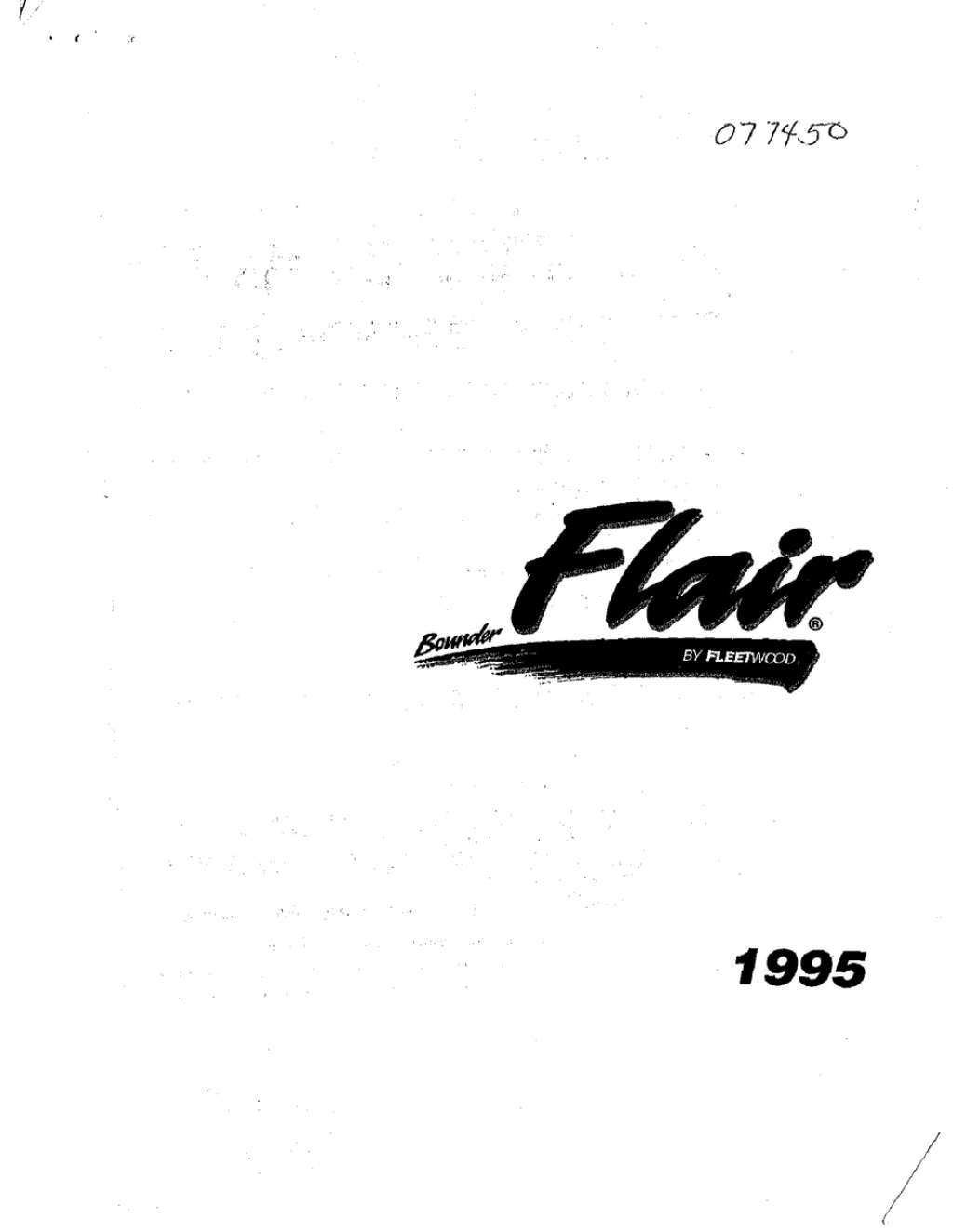
Get Your Hands On The Complete 1999 F550 Owners Manual Today: Everything You Need To Know!
Aug
4th
Introduction The 1999 F550 Owners Manual is a treasure trove of information for anyone who owns or is interested in Ford’s F550 model. This manual was published over two decades ago, but it still holds a special place in the hearts of many Ford enthusiasts. It is an invaluable resource for those who want to understand the ins and outs…








